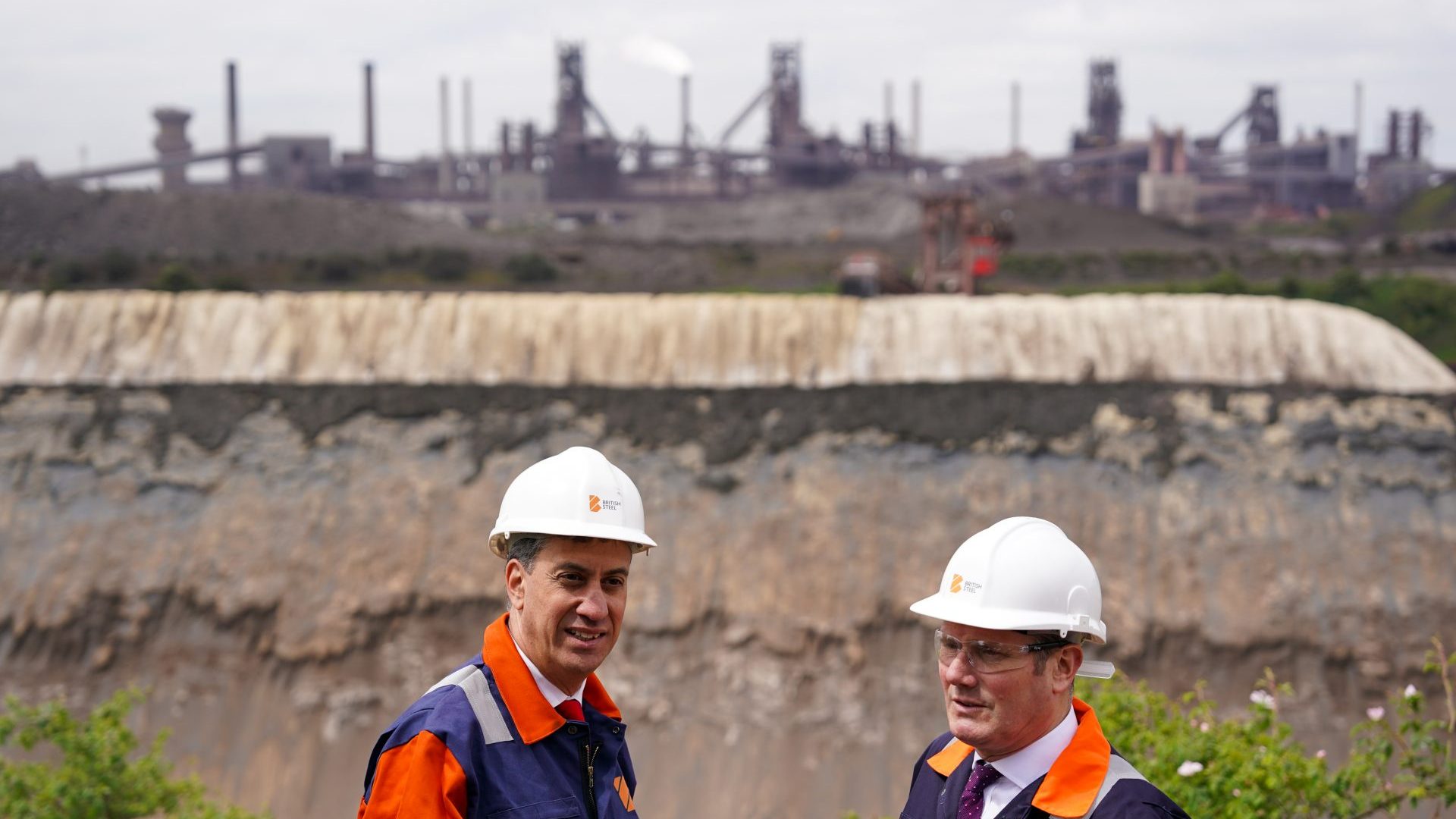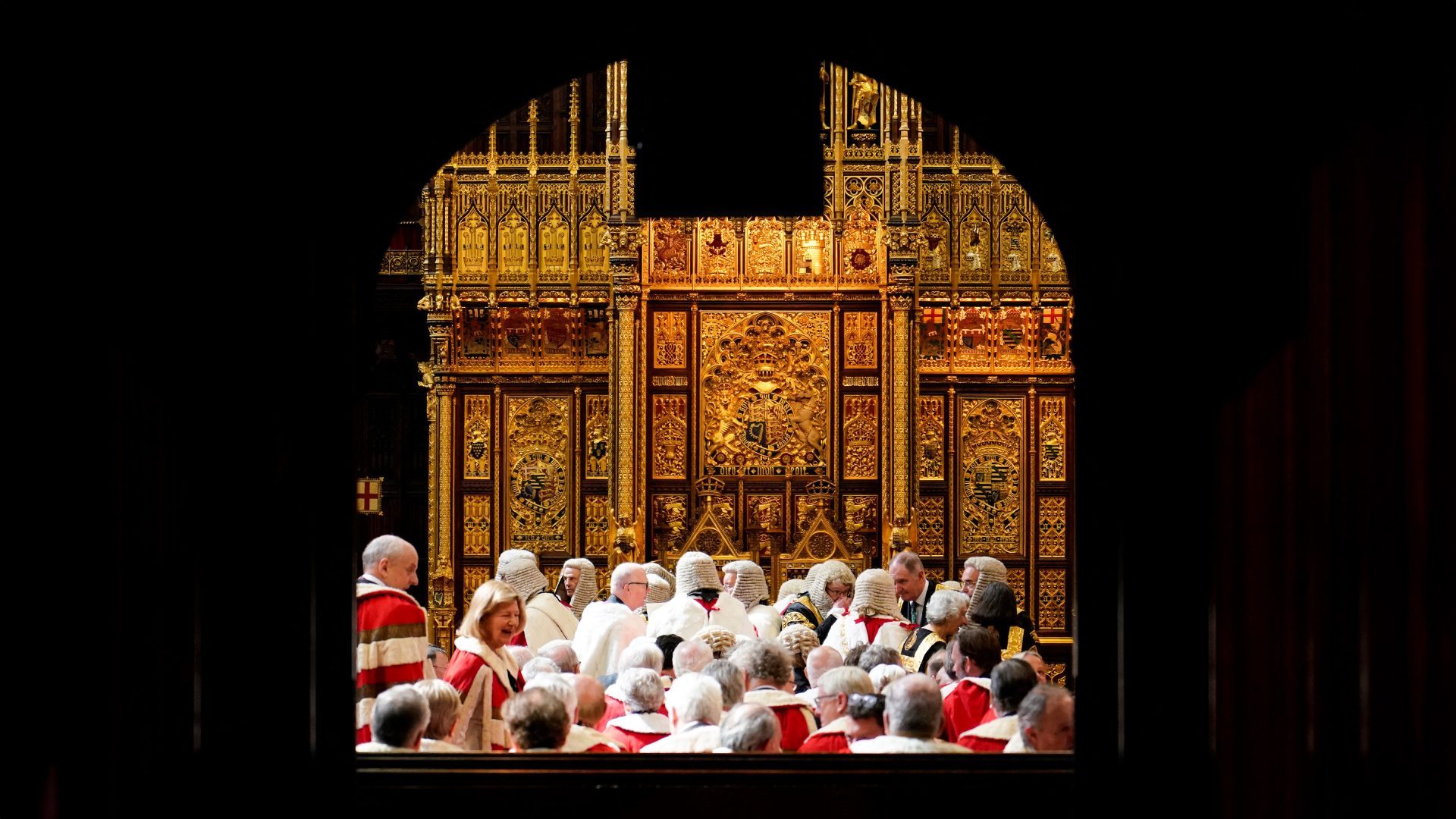We are now at the “this had better work” stage of the Starmer government. Last week Ed Miliband, energy and climate change secretary, launched Labour’s plan to slash carbon emissions in the electrical power generation system, promising wind, solar and battery farms at massive scale, and to speed up the process of connecting them to the National Grid.
The plan, says Miliband, is validated by “independent advice” from the National Energy System Operator, the new, state-owned company tasked with managing the energy system. But if it fails, it won’t be Neso that gets the blame.
Not only is Labour’s clean power target a critical pledge to progressive voters, for whom the environment is their number one concern; getting energy prices down, grid connections up and generating jobs in the process is also crucial to Labour’s growth target.
The Tories and Reform, meanwhile, look set to make the costs of the energy transition one of their biggest gripes between now and 2029. If the pain of decarbonisation starts to fall on households, and on workers in fossil fuel-related industries – as it did when van maker Stellantis closed its Luton plant last month – the right will reap the electoral rewards.
So the plan raises political threats to Labour on both flanks: fail on the zero carbon target and the Greens pick up votes; fail on social justice and it fuels the climate-sceptical right.
At the core of the project are 80 infrastructure projects needed to shift Britain’s energy mix from gas to wind, solar and nuclear. A few are already under way, but the report admits that the critical phase is now here. They have to basically rip up the planning rules, severely limit access to the courts for objectors and override local democracy.
Another piece of the plan is the “prioritised grid queue”. Under the Tories, a raft of speculative developers secured planning permission for wind and solar farms but cannot get them connected to the grid for the next decade. To sort out the serious from the speculative, Miliband will prioritise only those developments that can deliver by 2030. That in itself is likely to generate a swathe of compensation claims from companies who had invested in projects that will now be back-burnered.
The scale of what Labour is up against can be seen in Portland, Dorset, where a waste incinerator given the green light by Angela Rayner is being opposed not only by the Liberal Democrat local council and the Greens, but by the newly elected Labour MP, Lloyd Hatton.
True, waste incinerators are not clean power. But they are vital for creating the “circular economy” the government has promised. Miliband’s announcement classifies incinerators as a “must run” form of electricity generation that will provide a continuous base load of 3% of UK power by 2030. Added to that, because their energy source is the rubbish produced domestically, they enhance energy security.
But none of this is cutting any ice with the antis. So while Keir Starmer tweets about “backing the builders not the blockers”, we are likely to see more local alliances like this, not just against incinerators but also pylons, solar farms and (the perennial Ukip bugbear) onshore wind.
Much of Labour’s plan, then, is about enhanced and centralised state control: the government will need to override not only current planning regulations and legal routes, but the longstanding priorities of private investors, many of whom were not expecting Miliband to slice through the queue of projects with an arbitrary target date in mind.
Given that Miliband has been in his current role for four years, and Labour has been in power for five months, one of the most worrying things about the plan for those like me, who support its aims, is that it still does not take clear powers nor give clear orders. On a single page I found the following commitments: “we will consider options”; “we will consult on”; “we will explore strategic approaches to”; “we will launch a public engagement exercise…”.
I know this is the Whitehall way. But why not just get on with what you want to do? Otherwise the problems of local opposition, inertia, lack of funding and red tape will suck the life out of the net zero project.
Take, for example, the rollout of electric vehicle charging points, which is vital for stimulating takeup of EVs. In a report last week the National Audit Office said the government is on target to install 300,000 roadside chargers by 2030, but that there’s massive unevenness, because local authorities are either dragging their feet or facing planning opposition. Unless central government gets a grip here, warns the NAO, there is a chance the whole EV ecosystem fails.
The fundamental problem is that, in a major energy transition there are winners and losers, and unless you are going to use state ownership and ministerial override, you are left with too little control over the allocation of reward and pain.
For the past twenty-odd years, the British state has repeatedly veered in times of crisis towards wanting to be dirigiste. But as Boris Johnson found out, the British state system – Whitehall plus the courts, regulators and arms-length bodies like Natural England – is not designed to implement the directives of the state. It is designed to say, “Maybe not, minister”.
But at least there is now a plan, and some metrics by which to judge its success. Hopefully somewhere in the department for net zero there is a flow chart showing where the critical decision bottlenecks lie, together with a metaphorical supply of toys Ed Miliband can throw out of an equally metaphorical pram when those bottlenecks are reached.
Because this endeavour is not secondary: getting it right is absolutely critical to Labour’s three important missions: reviving growth, meeting net zero and keeping the far right out of power.




